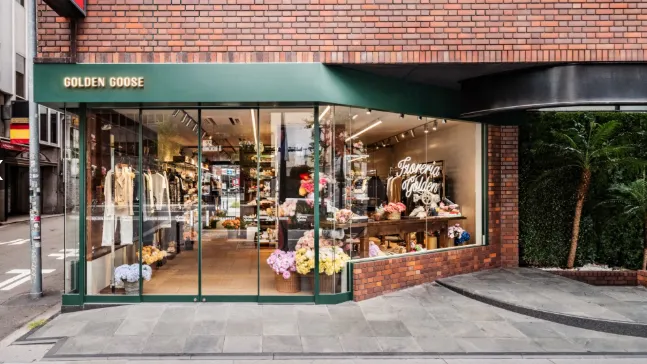
UPS expands contract logistics reach in China to serve growing demand
UPS has opened a new contract logistics distribution facility in Beijing. It said the 6,500sqm warehouse space located 19km from Beijing International Airport serves growing demand in China and is capable of servicing contract logistics orders with four-hour delivery within the metropolitan Beijing area and next-business-day orders for major cities throughout China.
“The Beijing facility is the latest addition to UPS’s portfolio of contract logistics facilities nationwide, which strengthens our integrated China network,” said Craig Foster, UPS Asia Pacific senior vice president of supply chain and healthcare logistics.
“Our warehouses throughout China, including the new facilities in Beijing, Shanghai and Chengdu enable us to effectively support local businesses with same-day or next-business-day delivery across China, and give customers better access to developing cities throughout the country, while tapping on local expertise to support operations, trade management, solutions and implementations.”
The opening of the Beijing facility follows closely after the opening of similar UPS distribution centres in Chengdu and Shanghai in 2013. Together, the centres support growing industries in China, including retail, high-tech, industrial manufacturing and aerospace. Capabilities of these facilities include order fulfillment, inventory management, kitting, packaging and other specialised value-added services.
In recent years, UPS has expanded its presence in China through a number of strategic investments focused on building capacity and strengthening its network. UPS’s China post-sales service spans 87 cities. In addition to the new facilities, UPS has also developed its gateways in central and western China with flights connecting Chengdu and Zhengzhou to the extensive UPS global network.
According to market research firm Transport Intelligence, China is expected to overtake Japan in becoming the largest contract logistics market in the Asia Pacific region by 2016, driven by rising domestic consumption from a growing middle class and the gradual move of Chinese businesses up the value chain.



















 Advertise
Advertise






